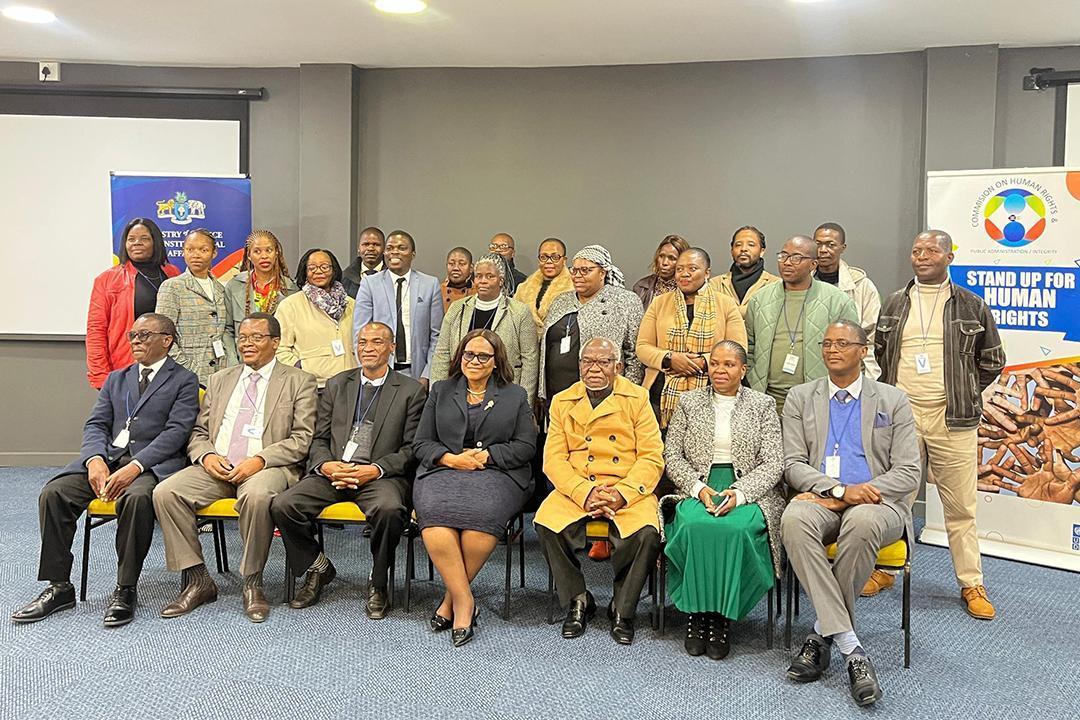Africa-Press – Eswatini. The Ministry of Justice and Constitutional Affairs, in collaboration with the Commission on Human Rights and Public Administration/Integrity, hosted a multi-stakeholder workshop on the proposed Leadership Code of Conduct Bill 2025, marking a major step towards enhancing ethical leadership and governance in Eswatini.
The workshop, held with support from the United Nations Development Programme (UNDP), brought together government officials, civil society representatives, legal experts, and members of the media. The focus of the session was on promoting transparency, accountability, and integrity within public institutions through the provisions of the new legislation.
Acting Principal Secretary Gugu Sibandze emphasized the urgent need for transparency and accountability in public service. She noted that leadership rooted in ethical conduct is the cornerstone of a functional and trusted government. “Public officials must lead by example,” Sibandze stated, highlighting that the Bill is designed to reinforce public trust by deterring misconduct and enhancing institutional accountability. She also introduced the government initiative aimed at restoring faith in public administration.
Legal adviser John Mavuso presented a detailed overview of the Bill, outlining its key objectives; transparency, accountability, rule of law, integrity, service to the common good, enforcement, and responsible management of asset declarations. The Bill aims to prevent abuse of office and misuse of public resources by setting clear ethical standards for public officials.
Among the highlighted provisions is a strict clause against the misuse of office, public property, and official information. Public officials are explicitly prohibited from accepting gifts or benefits that could influence their judgment or compromise their official responsibilities. All such items must be declared to the Commission, which will maintain a public inventory.
The proposed legislation also outlines the functions of the Commission, which include receiving declarations, investigating corruption complaints, initiating inquiries, and recommending enforcement actions. The Commission will serve as the enforcement body tasked with upholding the provisions of the Code.
The Leadership Code of Conduct Act, if passed, will come into effect three months after its publication in the Government Gazette. Stakeholders at the workshop welcomed the initiative, noting that it lays a solid foundation for institutional integrity and legal accountability.The workshop was widely seen as a successful dialogue platform, advancing Eswatini’s efforts to build a public service culture based on honesty, fairness, and the rule of law.
For More News And Analysis About Eswatini Follow Africa-Press







